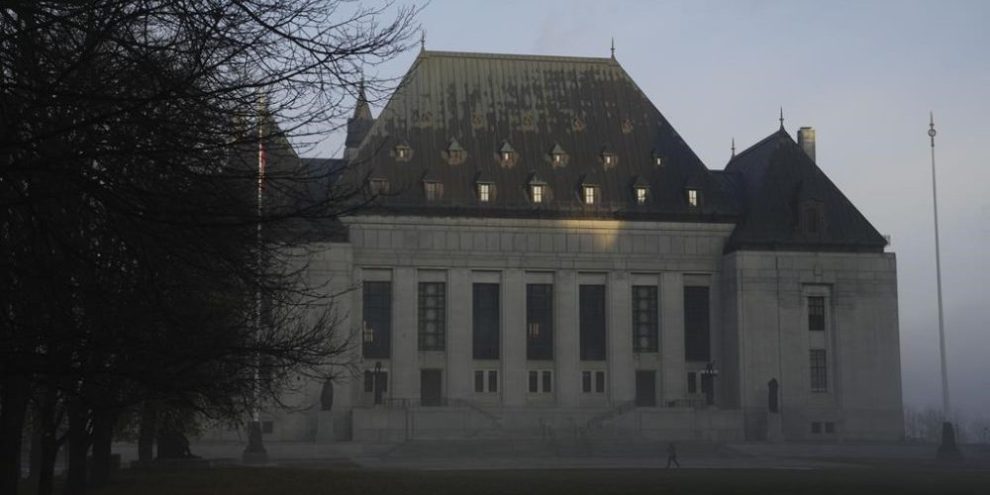
Jim Bronskill, The Canadian Press
A Toronto−area police force did not entrap men in an operation aimed at buyers of sexual services from children, the Supreme Court of Canada has ruled.
The finding came Thursday in unanimous decisions in four appeals that arose from arrests and prosecutions in Project Raphael, a York Regional Police investigation that began in 2014.
As part of the probe, police placed fake classified ads in the escorts section of the former website Backpage.
When someone responded, an undercover officer posing as the escort would disclose in an ensuing text chat that she was underage.
Individuals who continued the chat and arranged for sex were told to turn up at a hotel room, where police arrested and charged them.
The investigation led to the arrests of 104 men for child luring and related offences between 2014 and 2017.
The Supreme Court concluded that Project Raphael was a bona fide inquiry that did not amount to entrapment under the law.
Some of the most pernicious crimes are the hardest to investigate, Justice Andromache Karakatsanis wrote in one of the rulings Thursday that spelled out the court’s reasons.
"To draw those crimes into the open, the police, acting undercover, sometimes create occasions for people to commit the very crimes they seek to prevent. Done properly, such techniques may cast new light on covert offending, unveiling harms that would otherwise go unpunished," she said.
"But taken too far, they may tempt the vulnerable or the morally wavering into criminality, and virtue−test many others, threatening privacy and the public’s confidence in the justice system. They demand caution."
The stakes are highest on the internet, Karakatsanis wrote.
"While the medium has made activities more efficient, widespread, and harder to track, it has also allowed state surveillance to become, potentially, ever more expansive. The dilemmas this creates for balancing law enforcement with civil liberties, the rule of law, and the repute of the justice system are ongoing."
The court said that when the police lack reasonable suspicion that an individual is already engaged in criminal activity, the entrapment doctrine forbids them from offering opportunities to commit offences unless they do so in the course of a bona fide inquiry.
Police must reasonably suspect that crime is occurring in a sufficiently precise space, and have a genuine purpose of investigating and repressing crime, the court noted.
The court concluded that police had reasonable suspicion over a space defined with sufficient precision — in this case, the particular type of ads within the escort subdirectory of Backpage that emphasized the sex worker’s extreme youth.
In addition, the offences offered by the police were rationally connected and proportionate to the crime they reasonably suspected was occurring in that space, the court found.
banner image: The Canadian Press





